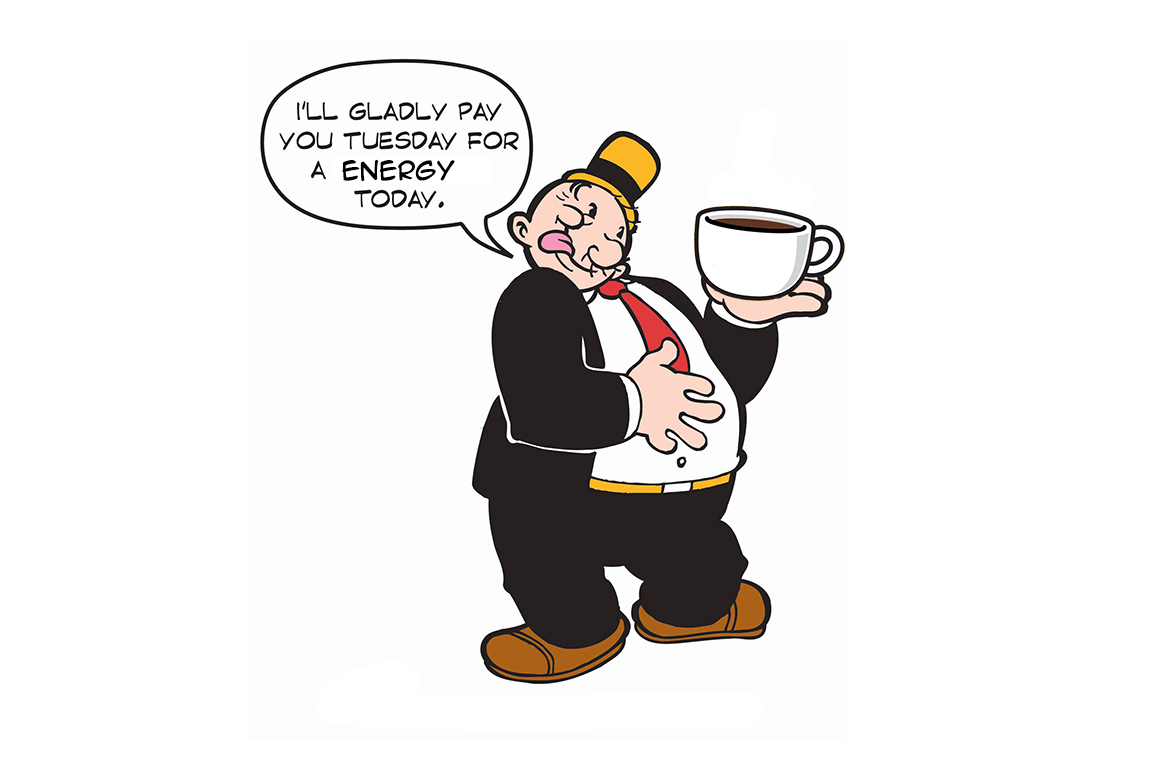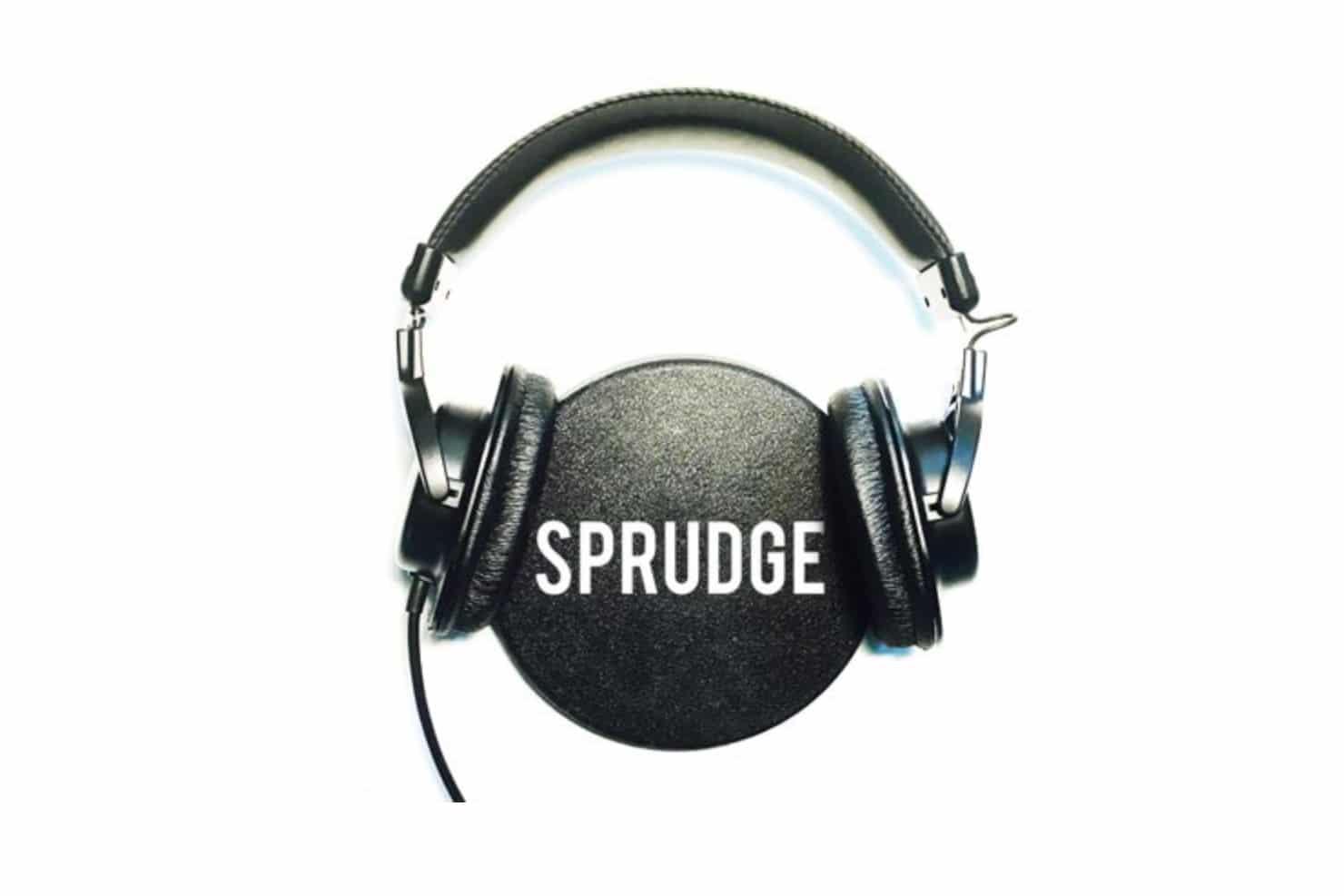Coffee is a necessary part of everyone’s morning routine, save for those psychopaths who somehow don’t require caffeine to feel alive. It provides that much-needed energy boost to kickstart the day. But it turns out, coffee isn’t just freely creating new sources of oomph for us to tap into each morning, it’s merely borrowing it.
As reported by The Conversation (who also published that pods article that we still aren’t quite over frankly), it’s all about how caffeine works in the body, specifically with adenosine receptors. Adenosine is an organic compound that works as an “inhibitory neurotransmitter” in the brain. Occurring naturally in the body, adenosine is a byproduct our cells produce as they use energy and is responsible for regulating our sleep and wake cycles. While we are awake, our bodies are always producing adenosine, and when it attaches to its receptor, it “tells the cells to slow down,” which is what gives us a case of the sleepies.
Caffeine, which is structurally similar to adenosine, works by itself binding to the adenosine receptor. This not only prohibits the adenosine from doing so but because it isn’t exactly the same shape as the adenosine molecular, it doesn’t trigger the same drowsiness response. Hence, all the energy without any of the sleepy side effect.
But all good things must come to an end. Eventually, the caffeine molecule falls off the adenosine receptor, and all that adenosine that your body created over the course of your wakefulness doesn’t just dissipate. It keeps building up. And once the caffeine detaches, the adenosine binds, more or less all at once, which hits us with a wave of sleepiness.
This effect has elsewhere been called “sleep pressure,” but it all explains essentially the same phenomenon. Drinking caffeine isn’t give you more energy or decreasing our overall levels of sleepiness throughout the day, it is basically borrowing energy from later on, but the bill always comes due at some point.
So with all due respect to Polonius, when it comes to caffeine-induced changes to energy levels, both a borrower and a lender I will be.
Zac Cadwalader is the managing editor at Sprudge Media Network and a staff writer based in Dallas. Read more Zac Cadwalader on Sprudge.
























